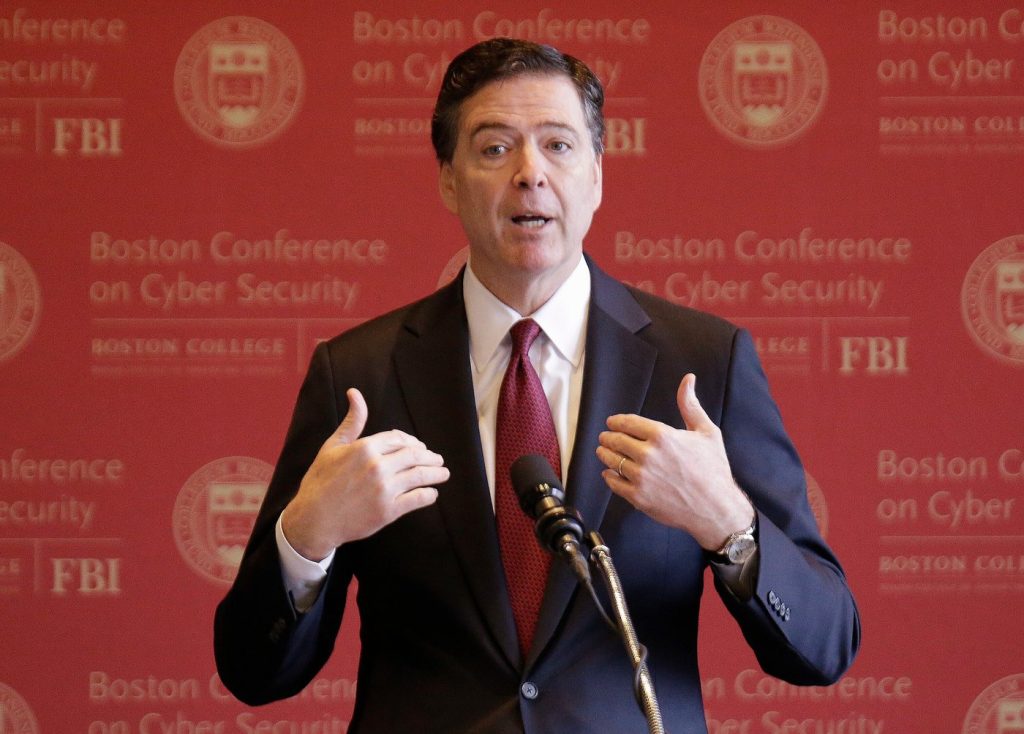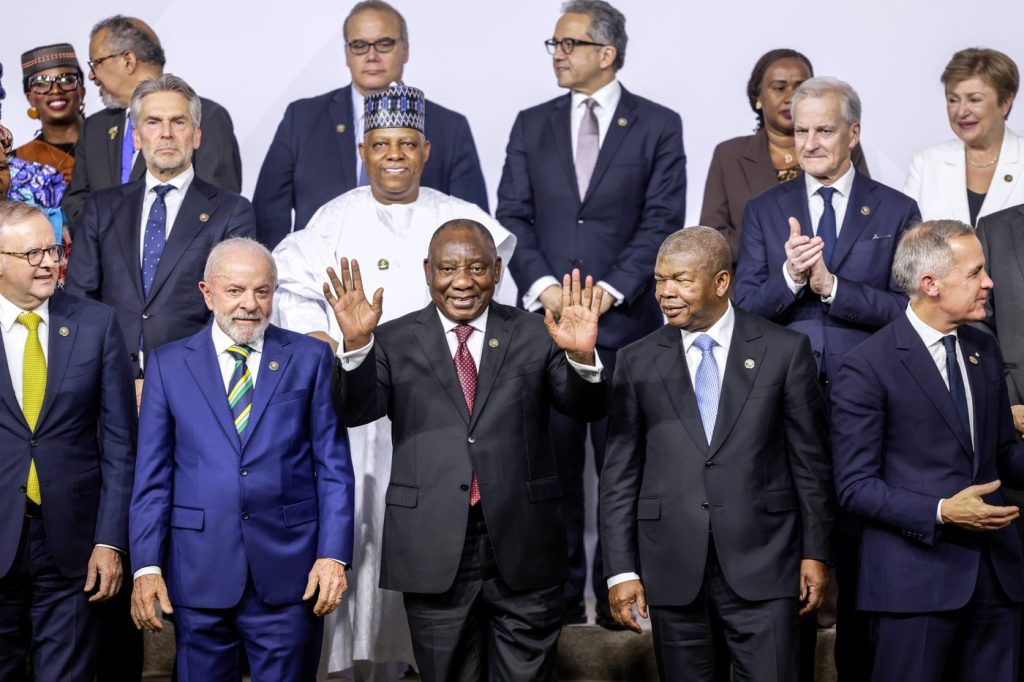A federal judge on Monday dismissed criminal cases against former FBI Director James Comey and New York Attorney General Letitia James, concluding that the prosecutor who brought the charges at President Donald Trump’s urging was illegally appointed. U.S. District Judge Cameron McGowan Currie ruled that the unconventional appointment process of the interim U.S. attorney for the Eastern District of Virginia, Lindsey Halligan, invalidated the charges against the two figures who have been significant political opponents of the Trump administration.
This ruling primarily focuses on the legitimacy of Halligan's appointment rather than the merits of the allegations against Comey and James. Currie stated that actions taken by Halligan, including securing and signing the indictments, were unlawful due to her improper appointment. The judge indicated, “All actions flowing from Ms. Halligan’s defective appointment... were unlawful exercises of executive power and are hereby set aside.”
A spokeswoman for the White House mentioned that the dismissals would not be the final word and that Attorney General Pam Bondi pledged to pursue an immediate appeal. Prosecutors also have the option to refile the charges, which the judge's orders left open. Both Comey and James have asserted that the prosecutions served as vindictive actions indicative of a weaponized Justice Department. Furthermore, previous judicial findings revealed irregularities in the grand jury process concerning the case, adding to the complexities surrounding the indictments.
Comey, ex-FBI Director, stated that he is grateful for the court's decision, claiming that the prosecution was driven by “malevolence and incompetence.” He faces charges of making a false statement and obstructing Congress. On the other hand, James expressed her appreciation for the court's judgment and reiterated her commitment to combating what she termed “baseless charges,” maintaining her innocence against the allegations of mortgage fraud.
The crux of the legal dispute revolves around the appointment mechanism utilized by the Trump administration to install Halligan in a critical federal prosecutorial role. Halligan, a former White House aide lacking prior prosecutorial experience, replaced veteran prosecutor Erik Siebert, who resigned under pressure amid calls from Trump to take action against Comey and James. The timeline is telling, as Comey was indicted just three days after Halligan’s swearing-in, followed by James's indictment two weeks later. Defense attorneys argued that the law grants federal judges exclusive authority to appoint an interim U.S. attorney once the initial appointment period expires.
Judge Currie further elaborated that the authority for such appointments did not extend beyond a specific timeframe, concluding that Halligan had been unlawfully serving since her appointment on September 22, 2025. While the Justice Department attempted to defend Halligan's legitimacy by assigning her a separate title of "Special Attorney," the judge maintained that this retroactive designation could not validate the indictments.
Despite the dismissals occurring without prejudice, meaning the Justice Department can seek to refile charges, the challenges against Halligan’s appointment reflect broader critiques of the Trump administration's influence on the Justice Department. In prior incidents, multiple interim U.S. attorneys have been deemed to have served unlawfully, but their cases proceeded unimpeded, underscoring a complex legal landscape where the actions of the Trump administration are scrutinized.
James Comey and Letitia James have consistently been on the receiving end of Trump’s ire, stemming from their roles in investigations and legal disputes tied to the former president. The legal battles continue to underscore the contentious relationship between political factions in the United States and the ongoing debates surrounding the integrity and independence of the Justice Department under various administrations.












